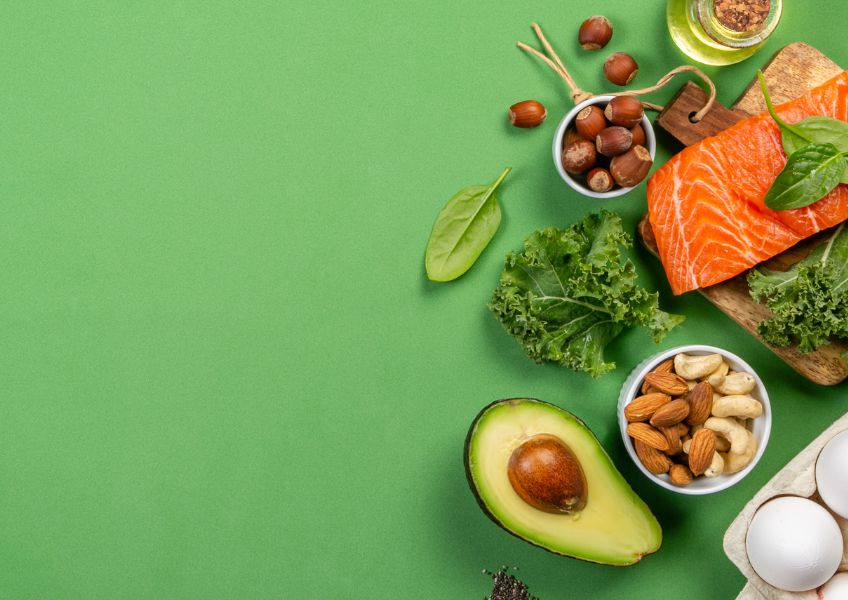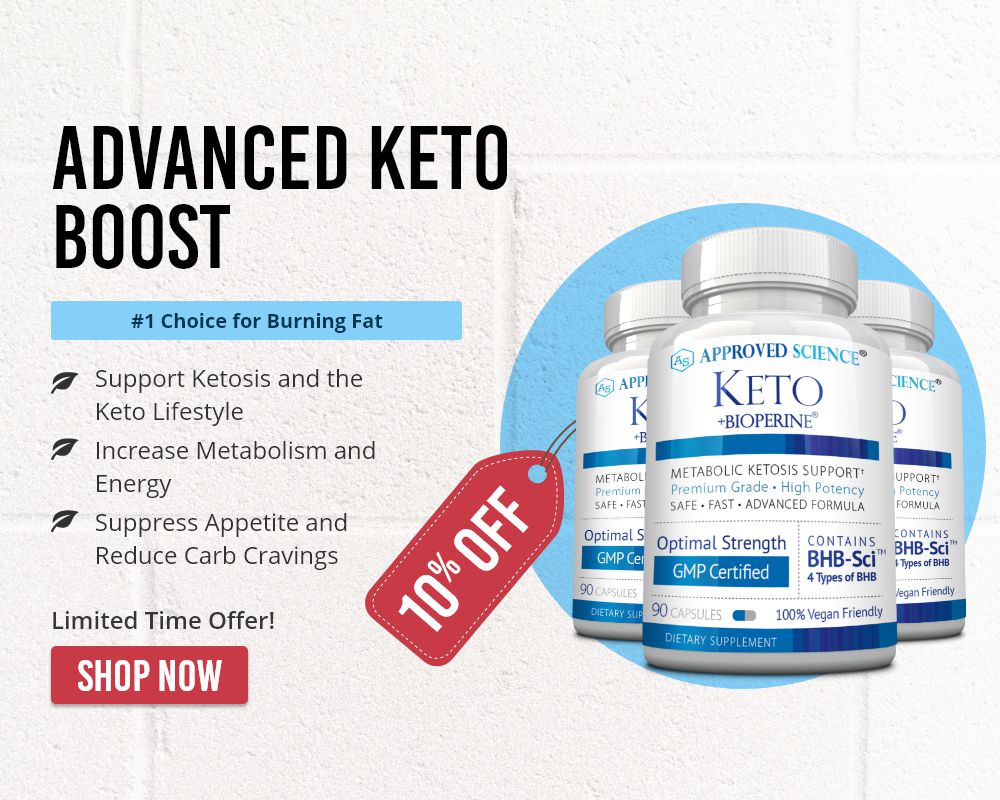Following any kind of diet can be a challenge, especially when it means that some of your favorite treats are forbidden. When you are following a diet as restrictive as the keto diet, it is no easy feat. Your body goes through a lot of changes as it transitions into a ketogenic state. Muscle cramps, fatigue, and nausea are few normal and temporary side effects you may experience during the transition. Your body is resetting its primary energy source so these effects are to be expected. However, there are ways to make the transition easier without experiencing debilitating side effects.
One of the many reasons your body experiences these side effects is because it is lacking a few key minerals, one of them being potassium. In fact, about 98% of the American population is not meeting the recommended daily intake of potassium needed to function properly. When transitioning to the keto diet, the body flushes out some of that precious potassium, creating a greater deficiency. There are a lot of complications that go hand in hand with a potassium deficiency, which is why it is important to ensure that you are getting the right amount of potassium on a keto diet.
>>>Click Here to read customer reviews for Approved Science® Keto with Potassium!
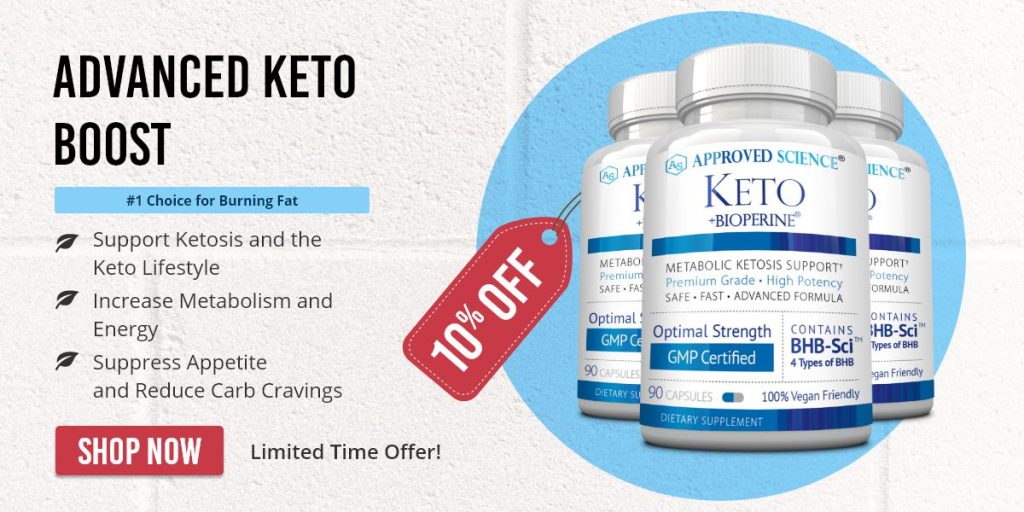
What is Potassium?
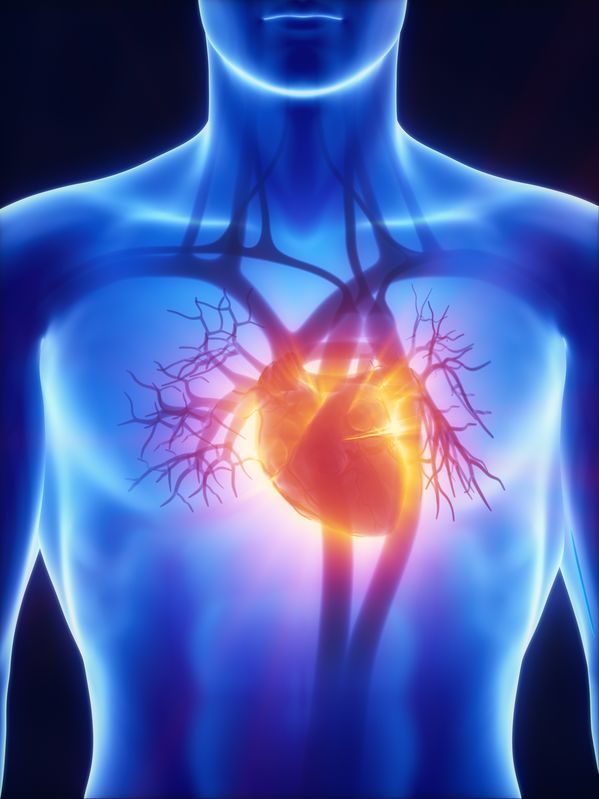
Potassium is the third most abundant and important mineral found in the human body, but many underestimate the importance of this mineral.
Think of potassium as a battery for your heart. When a potassium-rich food is ingested, the absorbed potassium acts as an electrolyte as it enters the system. Since our bodies are made of up to 60% water, the potassium electrolyte is dissolved into positive ions. These ions are able to conduct electricity, which the body then uses to balance fluids and transport essential nerve signals to the brain.
Sodium, calcium, magnesium, and phosphate are also important electrolytes, but potassium is vital for what is known as the “Na⁺/K⁺ pump” or “sodium-potassium pump.” This enzyme, which is found in the cellular membrane, helps to transport molecules and regulate cellular volume. This function is essential for:
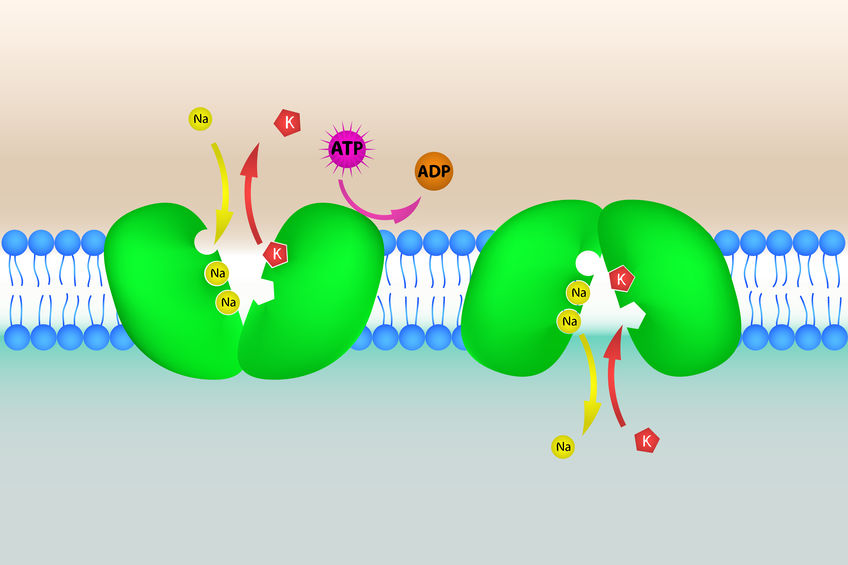
- Regulating the heartbeat and controlling muscle contractions.
- Transporting nutrients and amino acids to the cells.
- Sending nerve signals to the brain.
- Controlling neuron activity.
Approximately 98% of potassium in the body is present in the cellular membranes. Of that 98%, 80% is present in the muscle cells and the remaining 18% is present in the red blood cells, liver, and bones.
How Keto Affects Potassium Levels
On a keto diet, potassium and other electrolyte levels start to drop. The reason behind this is because the glycogen reserves in the body start to deplete as you restrict carbs intake. There are three grams of water present in every gram of glycogen in the body. As the last of the glycogen reserves gets used during the ketosis transition, the kidneys do not retain any of the excess water from the glycogen molecules. The excess water is then excreted. This means that every time you visit the bathroom, these precious electrolytes are getting flushed from your system.
This is why many keto dieters feel that they are less bloated and have lost a few pounds early on in the diet. Unfortunately, most of the weight loss experienced during the very early stages of ketosis is water weight. Your stomach may look and feel less bloated, but the downside is that shedding too much water weight means that electrolytes and other important minerals are lost in the process. Because of this, it is crucial that you pay close attention to the amount of potassium you eat on the keto diet.
How Much Potassium Do You Need On A Keto Diet?
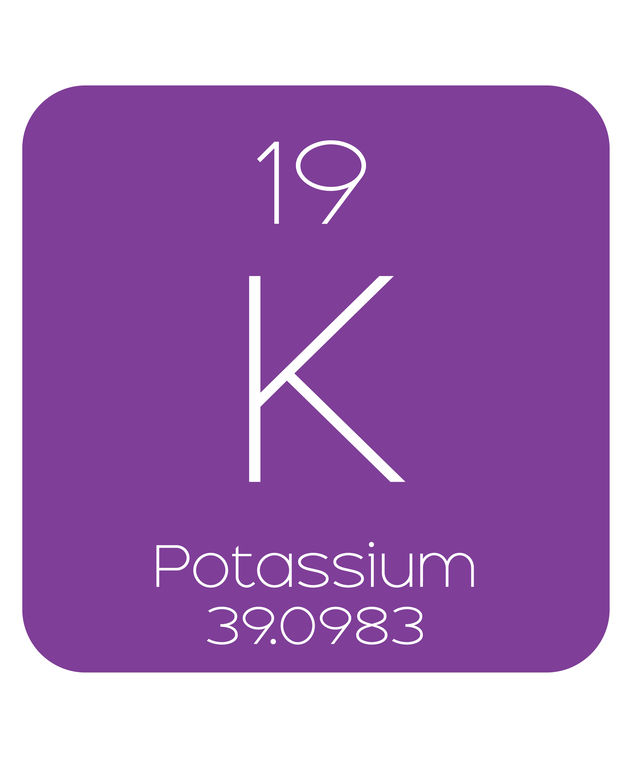
The recommended daily intake of potassium is dependant on various factors such as your current health status and level of activity. While there is no set RDI (Recommended Daily Intake) for potassium, organizations such as the World Health Organization (WHO) recommend that adults should be consuming at least 3,510 mg of potassium from food per day. The same RDI of potassium applies to a keto diet as well.
When the body is healthy, it is able to regulate the potassium on its own. However, some medical conditions and medications can affect potassium levels. Therefore, it is important to consult with a medical professional about how much potassium is suitable for you.
What Happens When You Don’t Eat Enough Potassium On A Keto Diet?
Regardless of whether or not you are on a keto diet, insufficient potassium in your diet can lead to an array of debilitating symptoms. A Potassium deficiency, also known as hypokalemia can significantly increase the risk of sudden cardiac death and fatal arrhythmia.
A few of these symptoms are closely related to that of the keto flu including fatigue, weakness, muscle cramps, and digestive issues. In the beginning stages of a keto diet, replenishing electrolyte levels with potassium-rich foods or a good quality keto supplement that contains potassium will help stave off these symptoms.
These are a few signs and symptoms of hypokalemia to look out for:

- Weakness
- Fatigue
- Muscle cramps and spasms
- Digestive issues
- Heart palpitations
- Muscle stiffness and aches
- Numbness and tingling in the hands, arms, and feet
- Difficulty breathing
- Mood swings
Fortunately, if the deficiency is addressed in time, you can treat hypokalemia. Treatment usually consists of potassium supplements and changing your diet to include more potassium-rich foods.
Can You Overdo It With Potassium?
Too much of a good thing never ends well in most cases. When it comes to potassium, it is very possible to overdo it. The main culprit behind elevated potassium levels are supplements that contain too many potassium salts, not too many potassium-rich foods. Elevated levels of this vital electrolyte can cause nausea, vomiting, and in the worst-case scenarios, even cardiac arrest.
If you have decided to take a keto potassium supplement, it’s important to research the ingredients and manufacturer first. Scams like the shark tank keto pills are easy to get sucked into, but your health is far more important than a good looking package or appealing price. Look for trustworthy manufacturers that have clinical research to back up their claims and adhere to the strict guidelines set forth by the FDA.
Keto-Friendly Potassium-Rich Foods
The most common potassium-rich foods many people consume are potatoes, black beans, and bananas. Sadly these foods are not permitted on the keto diet because of their carb and sugar content. However, there are a few foods that you can jot down on your keto shopping list, which are low in carbs, rich in potassium, and give you that much needed electrolyte boost.
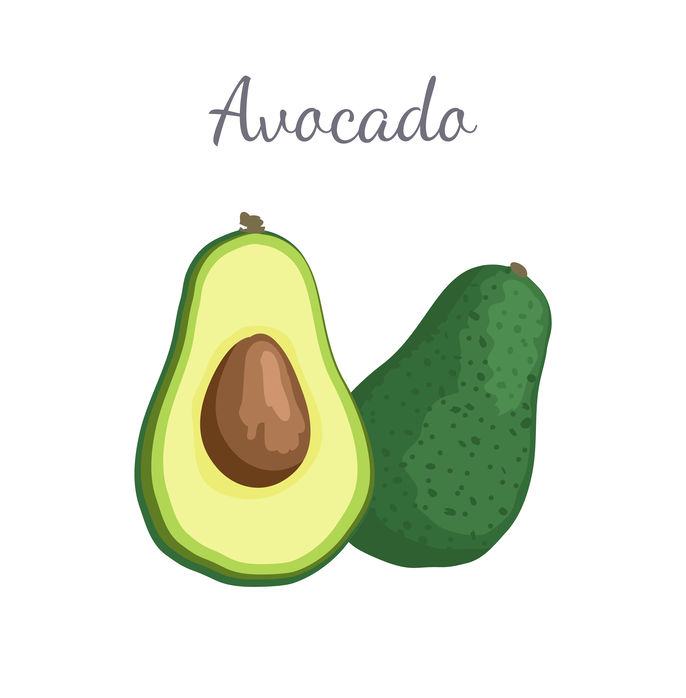
- Medium Hass Avocados – 689 mg of potassium per avocado (20% of the RDI)
- Pumpkin Seeds – 226 mg of potassium per 1 ounce serving (6% of the RDI)
- Salmon – 1,068 mg of potassium per 6 ounces serving (31% of the RDI)
- Brussels Sprouts – 494 mg of potassium per 1 cup serving (14% of the RDI)
- Zucchini – 455 mg of potassium per 1 cup serving (13% of the RDI)
- Coconut water – 515 mg of potassium per 1 cup serving (14% of the RDI)
- Portobello Mushrooms – 630 mg of potassium per 1 cup serving (18% of the RDI)
Get Into Ketosis Without Compromising Potassium
Low levels of potassium can cause severe side effects or complications. This condition is especially common in keto dieters who don’t consume enough potassium. There are two main ways to prevent a potassium deficiency. You can include more electrolyte-rich foods in your diet such as portobello mushrooms, avocados, salmon, and pumpkin seeds. Or, you can receive electrolytes from a high-quality keto supplement. However, if you have any medical conditions that cause potassium levels to deplete or you are currently on diuretic medications, it’s best to talk to your doctor before taking any potassium enriched supplements.
Approved Science Keto is an excellent source of potassium and other electrolytes that are often deficient in a Keto diet. It contains 4 BHB salts including potassium, calcium, sodium, and magnesium to help restore your electrolytes. These Keto pills can help you safely transition to and maintain ketosis. Click the banner below for 10% of your purchase!

